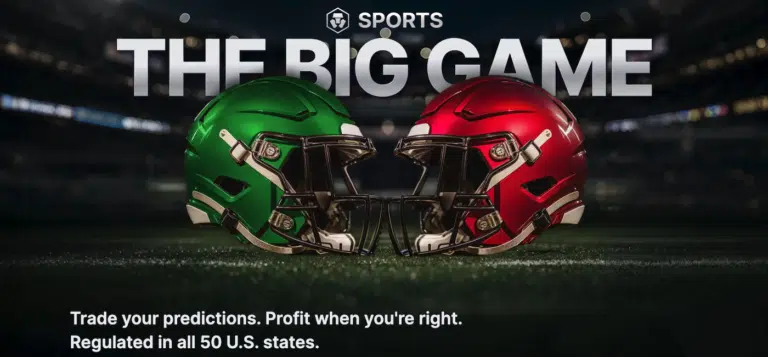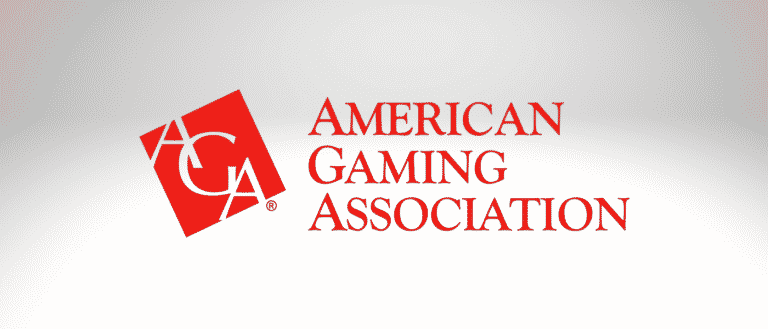Crypto.com Sports Betting Exchange Launches in All 50 States
Crypto.com has launched sports prediction markets for customers nationwide. These markets allow users to trade contracts on the outcomes of upcoming sporting events. In the final days of 2024, Crypto.com debuted its first sports prediction market: yes/no contracts on each remaining NFL team to win the Super Bowl. Crypto.com has launched additional NFL and college…










